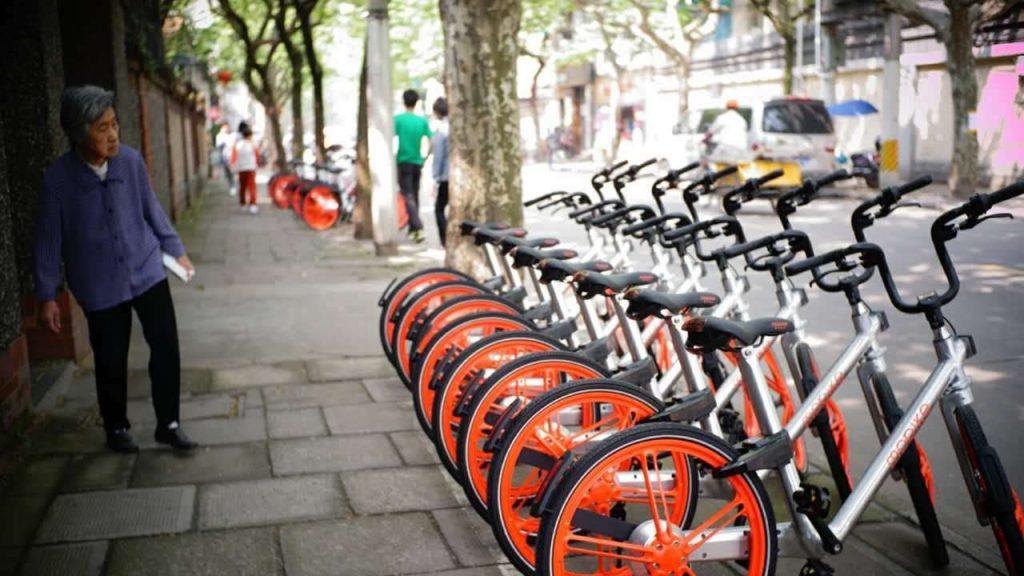By
UNDETERRED by the frequent controversy surrounding bikes cluttering public spaces, more dockless bicycle sharing companies are starting to surface on the Australian market.
While the ride-and-pay model, expansive data set and large interest earned from the refundable membership fees are all helpful in bike sharing services making money, it appears increasing competition and vandalism are becoming too much for these companies to survive.
Evidence of the failing concept can be seen in China, where too much competition and insufficient demand has seen the development of a bicycle graveyard that is home to thousands of bikes from all of the major operators.
Bluegogo reportedly went bankrupt after burning through $A119 million in venture capital churning out bikes in an attempt to keep up with the competition.
However, it appears it wasn’t enough with bike behemoths Ofo and Mobike having $A1.7 billion and $A1.2 billion, respectively.
Bluegogo chief executive Li Gang said he felt some responsibility for the failure of the company.
“As a CEO, I’ve made mistakes,” he said. “I was filled with arrogance.”
Ride-sharing bicycles from all major companies sit in a pile. Photographer: Qilai Shen/Bloomberg via Getty ImagesSource:Getty Images
Despite being the market leader in China, Ofo bikes are still ending up being dumped. Picture: Kevin Frayer/Getty ImagesSource:Getty Images
Cars sit parked in front of a pile of ride-sharing bicycles in Shanghai, China. Picture: Qilai Shen/Bloomberg via Getty ImagesSource:Getty Images
However, assistant professor Chen Lin said Bluegogo’s failure represents the bubble collapsing for shared bike services, with the model only viable for those with the deepest pockets.
“The winner-takes-all outcome is what happens to almost all internet companies in China,” he told the Financial Times.
“The size of China’s market means that the benefits of creating a large network are even more important here, and that gives bigger companies an advantage.”
These sentiments were shared by former Bluegogo employees.
“I think in internet sectors there can only be one giant. There’s nothing you can do without funding, as we saw with Uber China and Didi,” the anonymous employee said.
As for the future of bike sharing services in Australia, only time will tell who will survive.
